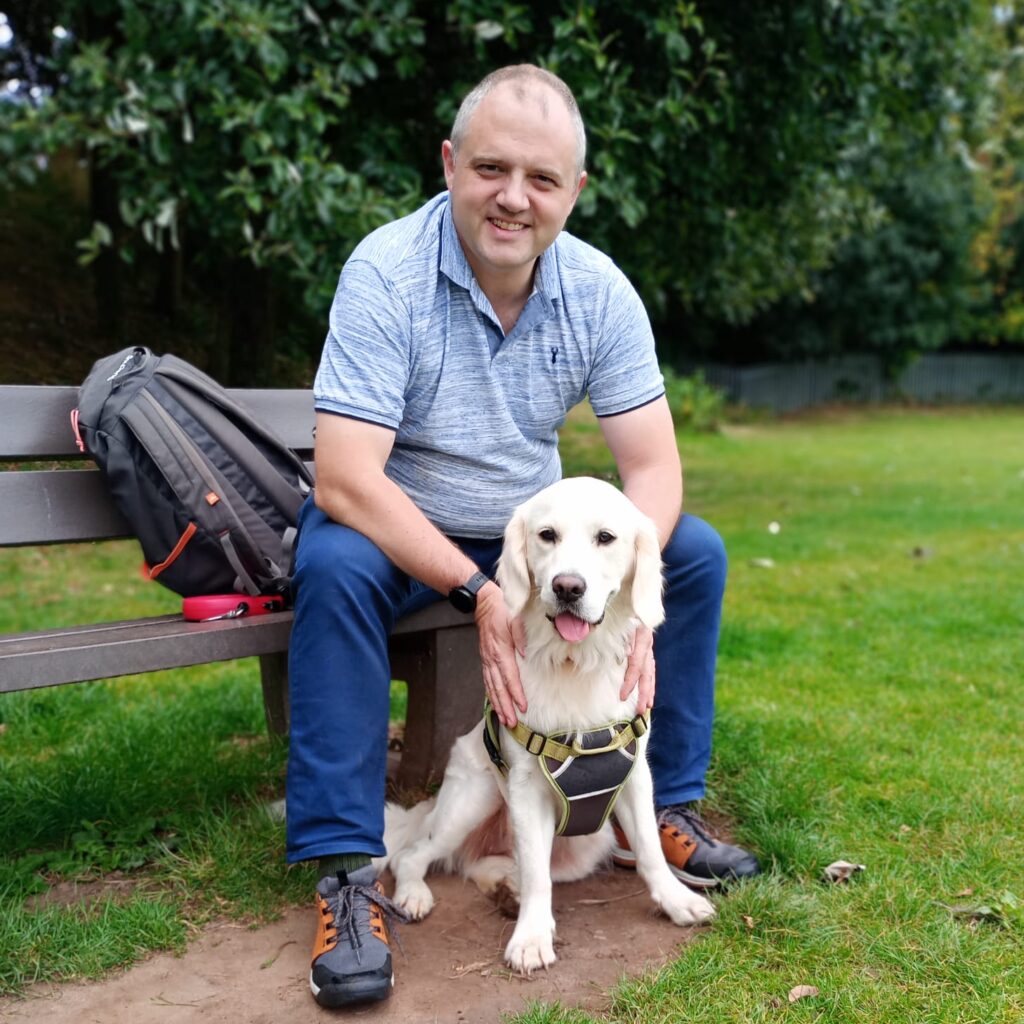Autism and Trauma
Most autistic people apparently show signs of trauma.
It’s slightly confused because some of the symptoms of trauma can also be symptoms of autism (e.g. alexithymia).
But the main reasons for this (as far as I can tell) are as follows.
-
Autistic People Are More Likely To Experience Potentially Traumatic Events
There are several sub-reasons for this. One is that autistic people often stand out from a crowd – we’re less likely to notice social cues, or to realise that conformity is often a way to avoid trouble. That means we’re much more likely to be bullied, as well as being less likely to know what to do about it.
We’re also more likely to find ourselves in potentially traumatic situations because of our inability to read conventional social cues.
There’s also the angle that we are living in a world largely designed by and for neurotypical people. There are lots of potentially traumatic situations which just wouldn’t be seen as traumatic for normal people. A fairly trivial example is that I was walking round Chicago one day, and as I was walking through under a bridge, a fire engine drove past me with its siren blaring. I know that there’s an issue with American fire sirens being too loud anyway, but I also have autism-based issues with not coping well with noise. So pretty much anyone would have found it unpleasant; I probably found it worse.
-
Autistic People Are Less Likely To Have Supportive Networks Around Them
The way that our society is set up for people to make friends is strongly wired around neurotypical people. And yes, I know that many neurotypical people struggle to make friends too – just imagine how much worse it is for us!
An easy example – university freshers’ events were intended to introduce lots of people to each other in a short space of time. And yet, because they were very noisy events in crowded spaces, they meant that I couldn’t hear anything that anyone was saying. So instead of helping me meet people, they helped everyone except me meet people, making me more isolated than I would otherwise have been.
And supportive friendships and networks are key for helping people to process potentially traumatic events.

3. Autistic People Are Less Likely To Respond Well To Potentially Traumatic Events
Sensible research around trauma now tends to talk about “potentially traumatic events” – it recognises that not everyone who experiences those events are traumatised by them. But autistic people seem to be more likely not just to experience those events, but also to find such events traumatic. The kind of responses to potentially traumatic events that lead to healthy outcomes are often ones that talk about emotions and give space to process them.
Autistic people are often doubly cut off from this – our emotions work differently from those of many people around us, which makes them harder to talk about, and if we also have alexithymia, we’re going to need to do extra work just to recognise what our emotions are in the first place.
John Allister
John Allister is the vicar of St Jude’s Church in Nottingham, England.
He is autistic, and has degrees in Theology and Experimental & Theoretical Physics.



Hi I need pray too copy with life and getting home and finding a group of friends and a church that understands me thanks
I believe God has a purpose for you however dark the outlook seems to be. He will never give up on you or let you down.